Hypersensitive Carotid Sinus Syndrome
Hypersensitive carotid sinus syndrome. Citation needed As initial stroke symptoms numbness and tingling dissipate an imbalance in sensation causes these later syndromes characterizing DejerineRoussy syndrome. Bradycardia-tachycardia syndrome to prevent symptomatic bradycardia or some forms of symptomatic tachyarrhythmias Neurovascular vaso-vagal syndromes or hypersensitive carotid sinus syndromes. 73 CSS is the syndrome of syncope in.
It is defined by the response to gentle carotid sinus massage CSM applied just below the angle of the jaw near the carotid bifurcation for between 5 and 10 seconds. Pressure should be applied for between 5 and 10 seconds. Vagal activity is increased in the following situations.
The basic criterion for a diagnosis of hypersensitive carotid sinus syndrome is asystole in excess of 3 seconds caused by sinus arrest or advanced AV block as a result of carotid sinus. Enumerate the most common causes of chest pain in pediatric patients. Hypersensitive carotid sinus syndrome and neurocardiogenic syncope Syncope without clear provocative events and with a hypersensitive cardioinhibitory response of 3 seconds or longer or for significantly symptomatic neurocardiogenic syncope associated with bradycardia documented spontaneously or at the time of tilt-table testing G9001.
A positive cardioinhibitory response to CSM was noted in 32 of patients undergoing coronary angiography. This cytokine is mainly secreted by macrophages. Reflex syncope is usually a side effect of carotid sinus syndrome a condition where the pressure sensors in one of the carotid arteries in your neck are hypersensitive.
Carotid sinus hypersensitivity CSH is an exaggerated response to carotid sinus baroreceptor stimulation. Carotid sinus hypersensitivity. Ischemic strokes and hemorrhagic strokes can cause lesioning in the thalamus.
It is necessary to ascertain the relative contribution of these two components of carotid sinus stimulation before concluding that permanent pacing is clinically. It can bind to and thus functions through its receptors TNFRSF1ATNFR1 and TNFRSF1BTNFBR. This gene encodes a multifunctional proinflammatory cytokine that belongs to the tumor necrosis factor TNF superfamily.
The Azure DR MRI and Azure SR MRI SureScan systems are indicated for rate-adaptive pacing in patients who may benefit from increased pacing rates concurrent with increases in activity. Anaphylaxis and allergy are forms of hypersensitivity.
Pressure should be applied for between 5 and 10 seconds.
Hypersensitive carotid sinus syndrome is an uncommon cause of syncope or presyncope. Carotid sinus hypersensitivity. Patients should avoid sources of magnetic and electromagnetic radiation to avoid possible underdetection inappropriate sensing andor therapy delivery tissue damage induction of an arrhythmia device electrical reset or device damage. Agents with membrane-stabilizing activity eg. The basic criterion for a diagnosis of hypersensitive carotid sinus syndrome is asystole in excess of 3 seconds caused by sinus arrest or advanced AV block as a result of carotid sinus. The hypersensitivity states and resulting hypersensitivity reactions are usually subclassified by the Gell and Coombs classification. 73 CSS is the syndrome of syncope in. Reflex syncope is usually a side effect of carotid sinus syndrome a condition where the pressure sensors in one of the carotid arteries in your neck are hypersensitive. Veeram Reddy MD 2.
At least three-second asystole cardio-inhibition - the most common form. It can bind to and thus functions through its receptors TNFRSF1ATNFR1 and TNFRSF1BTNFBR. The hypersensitivity states and resulting hypersensitivity reactions are usually subclassified by the Gell and Coombs classification. Ischemic strokes and hemorrhagic strokes can cause lesioning in the thalamus. Bradycardia-tachycardia syndrome to prevent symptomatic bradycardia or some forms of symptomatic tachyarrhythmias Neurovascular vaso-vagal syndromes or hypersensitive carotid sinus syndromes. Accepted patient conditions warranting chronic cardiac pacing include symptomatic paroxysmal or permanent second- or third-degree AV block symptomatic bilateral bundle-branch block. Coingestion with Calcium Channel Blockers Tricyclic Antidepressants and Antipsychotics increases mortality.

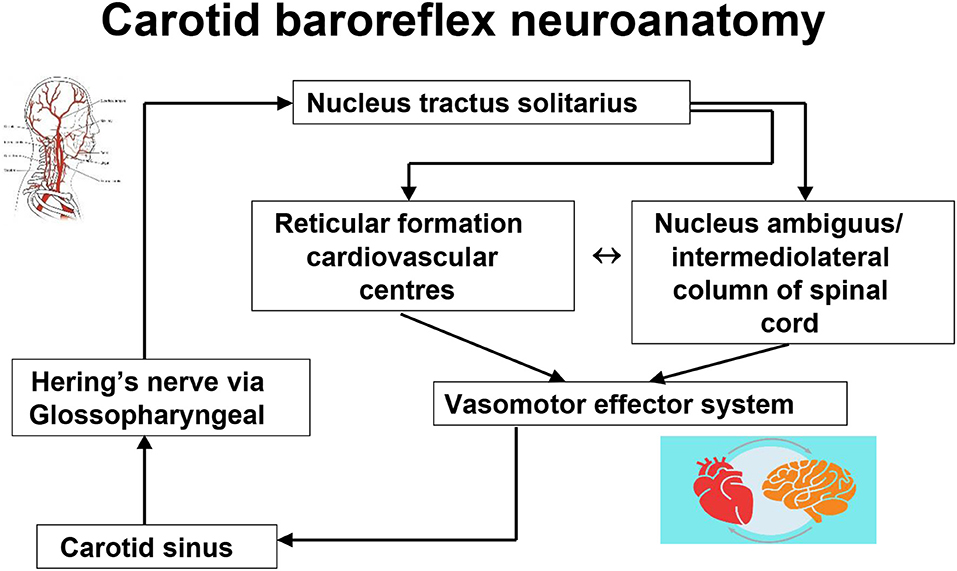
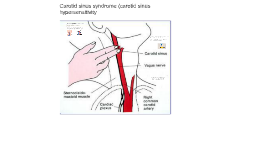

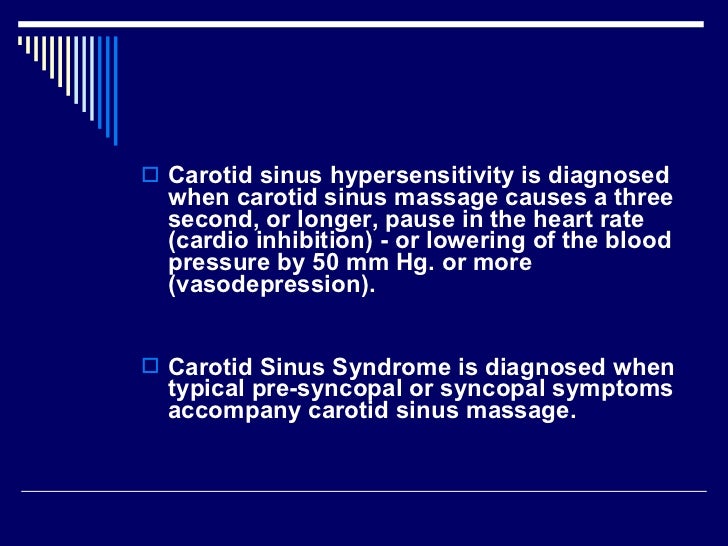
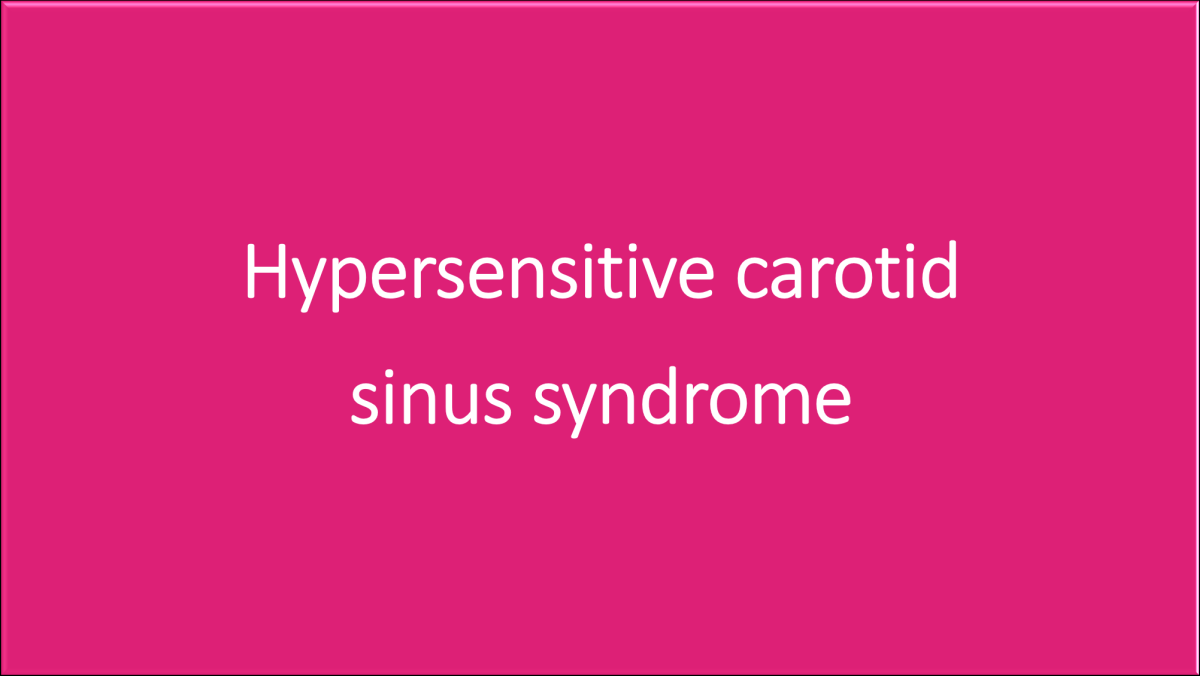

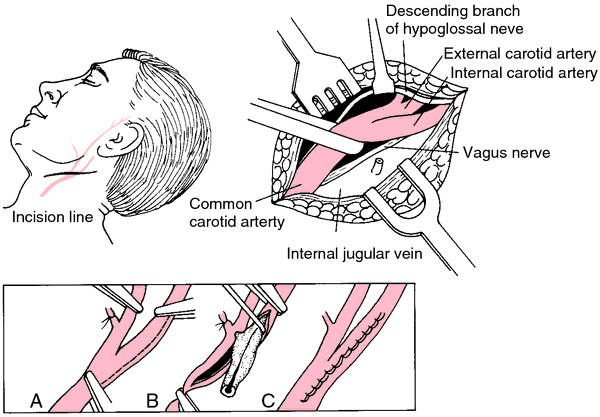




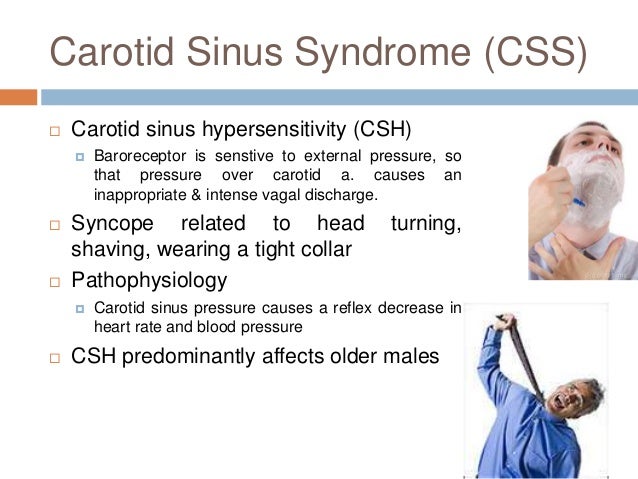

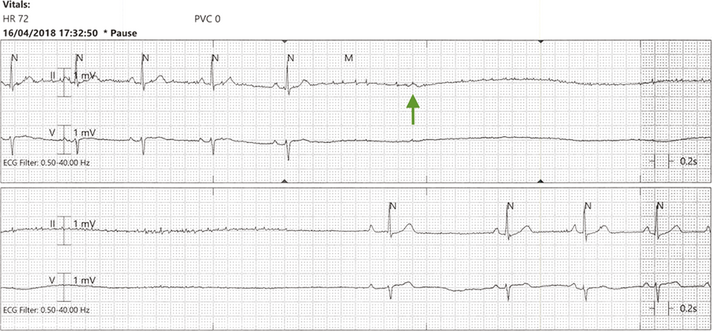
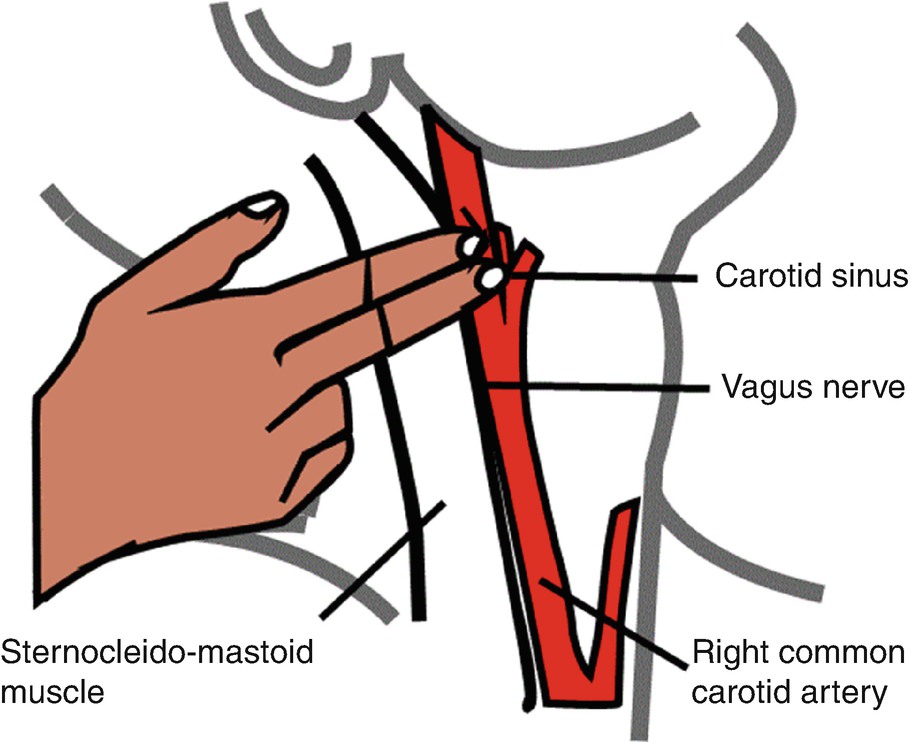






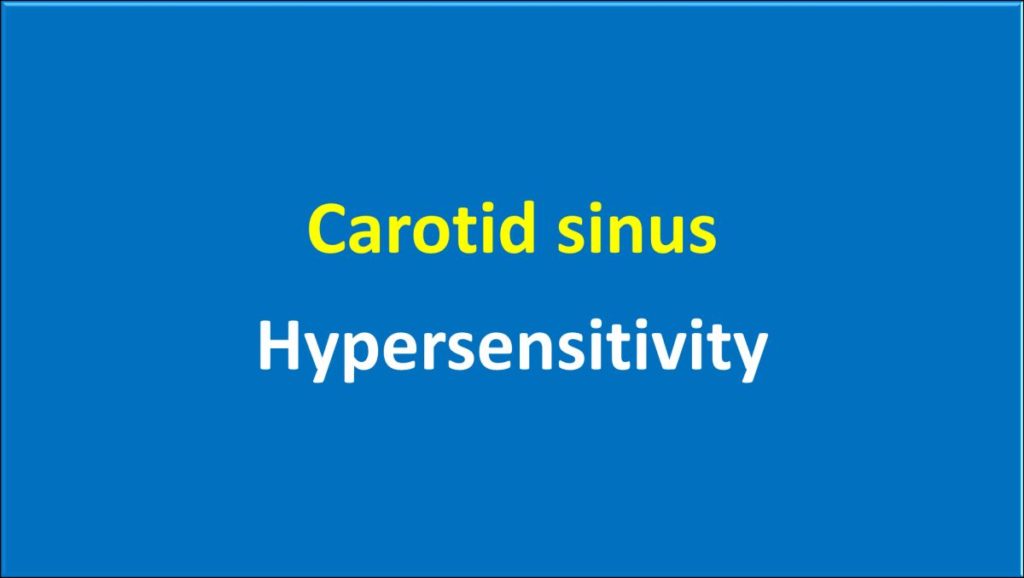
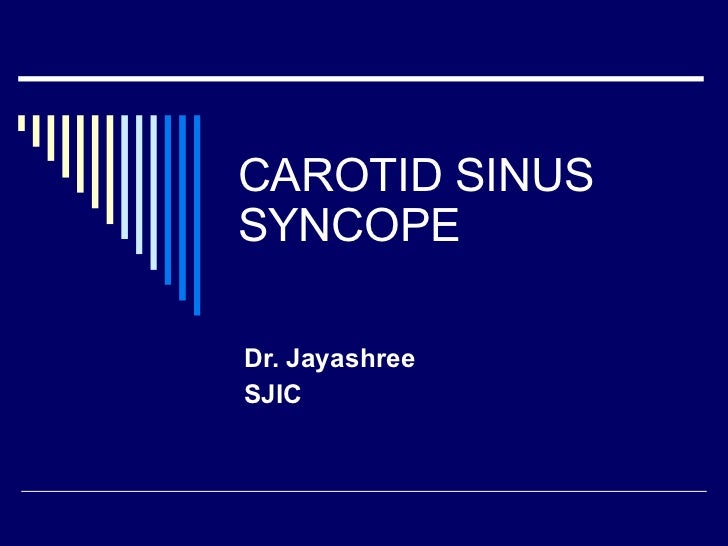
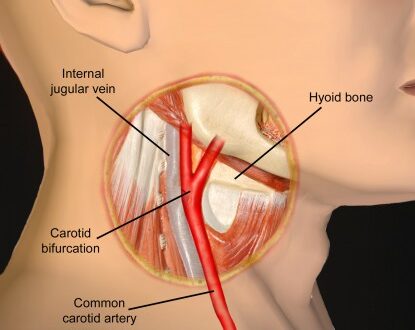
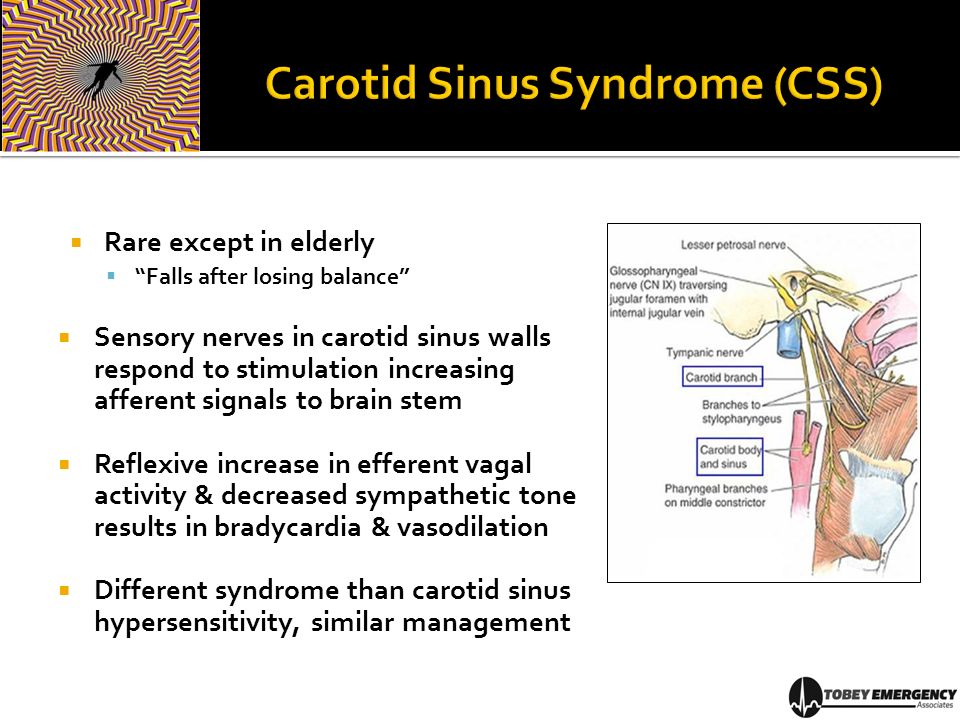






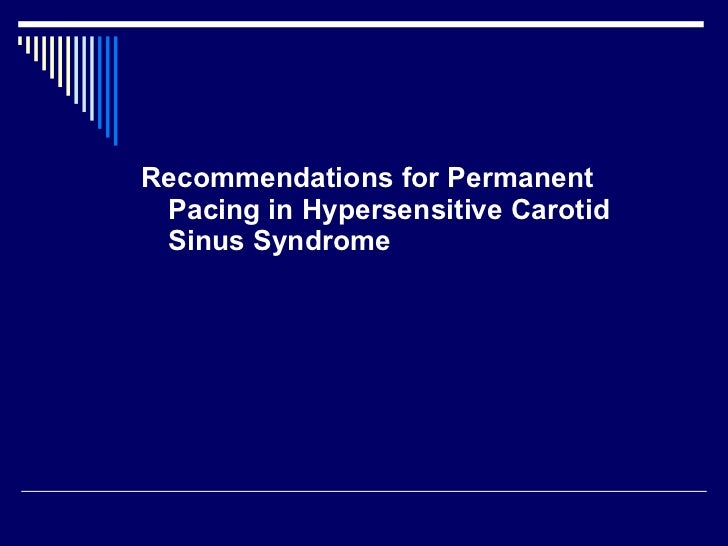




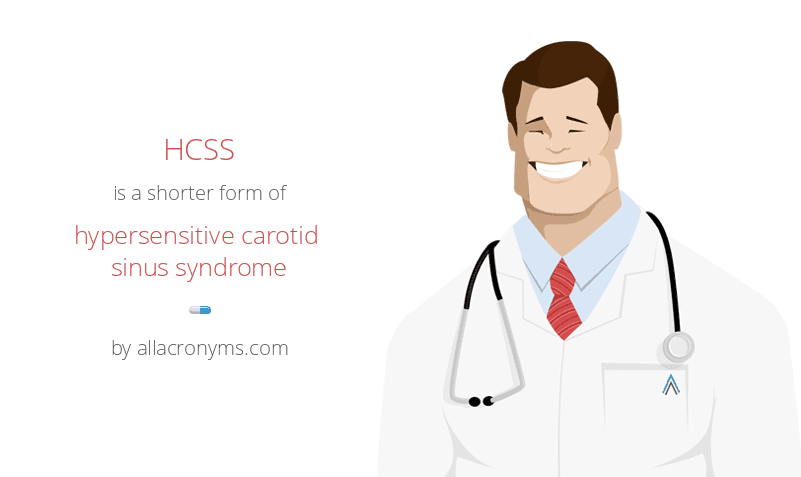





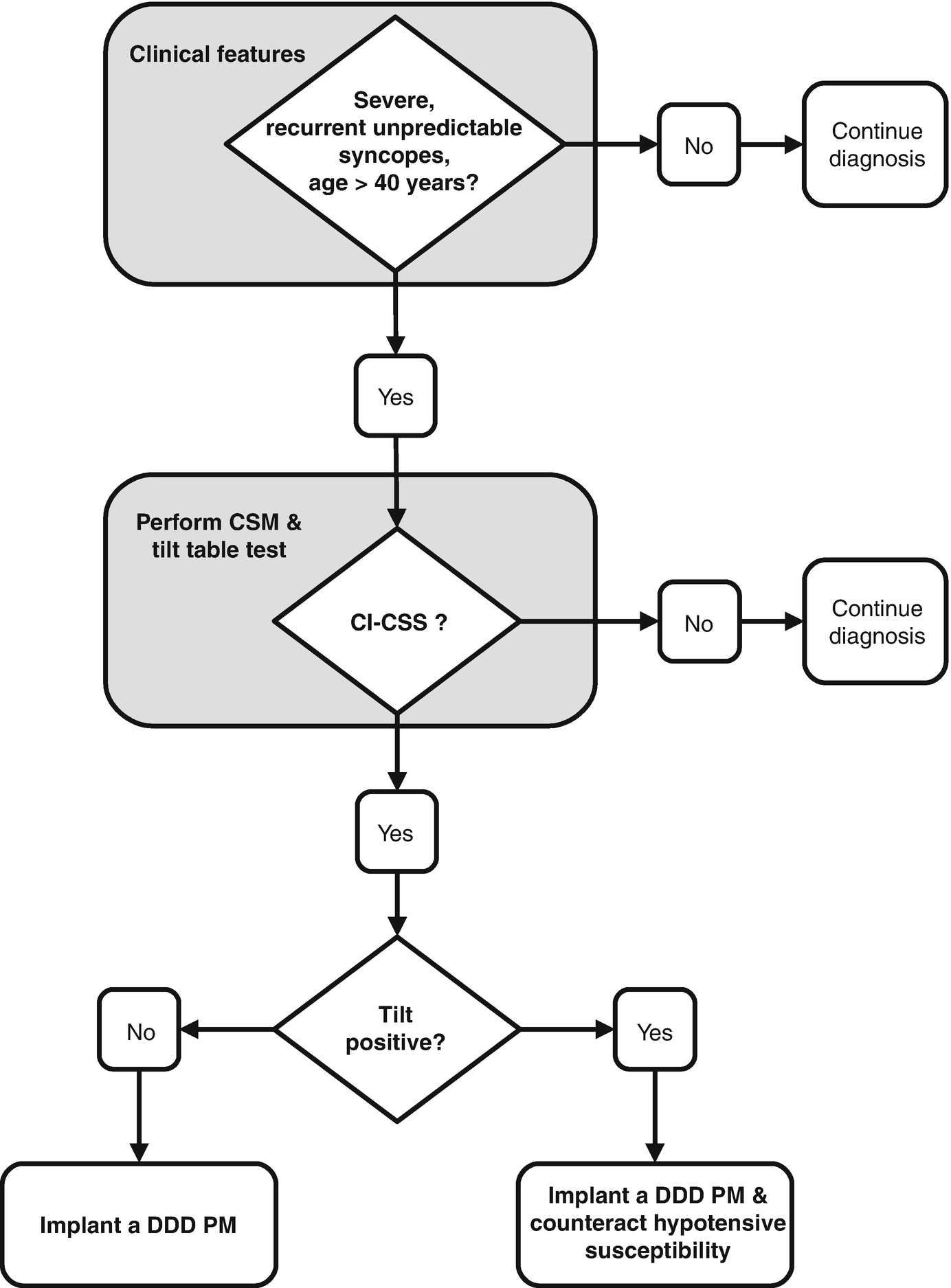

Post a Comment for "Hypersensitive Carotid Sinus Syndrome"